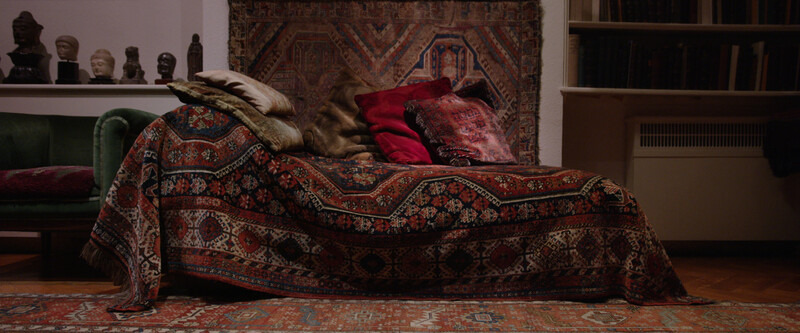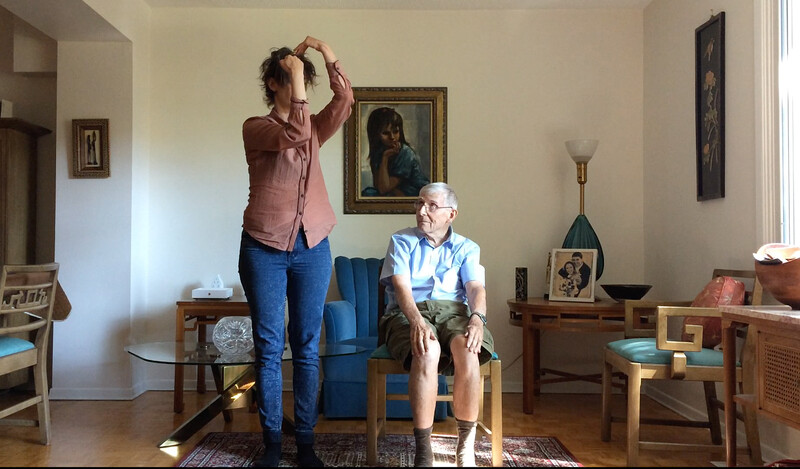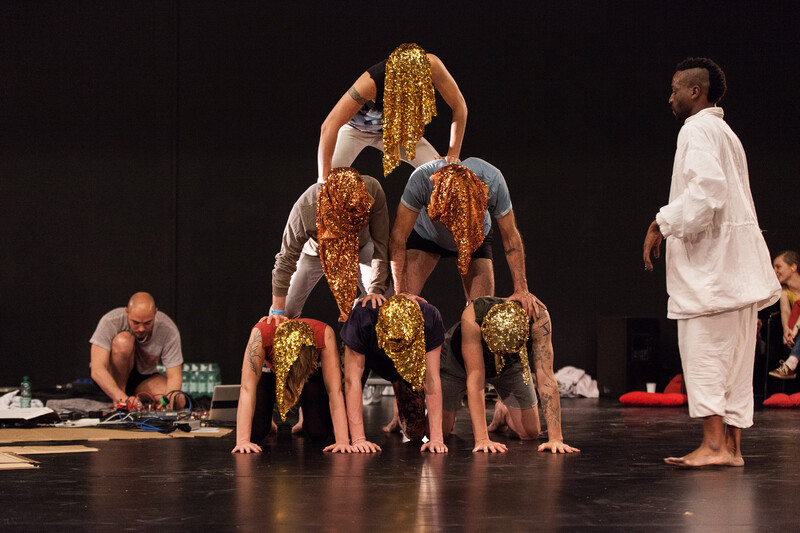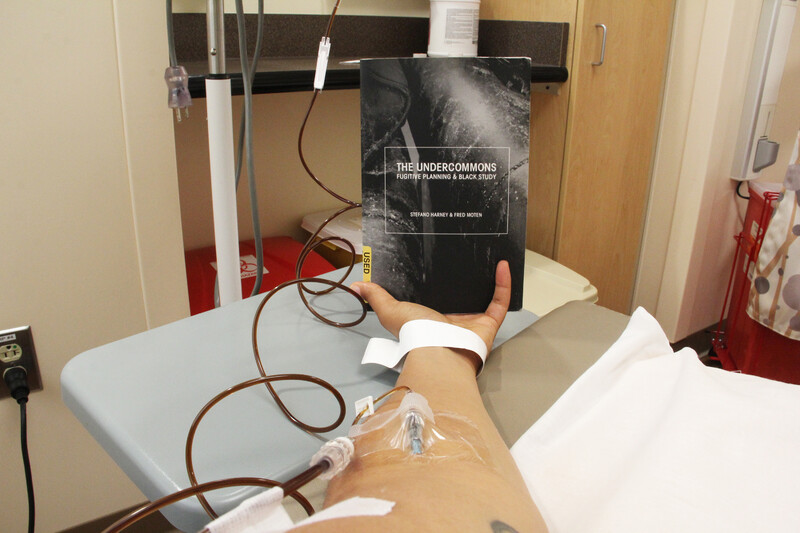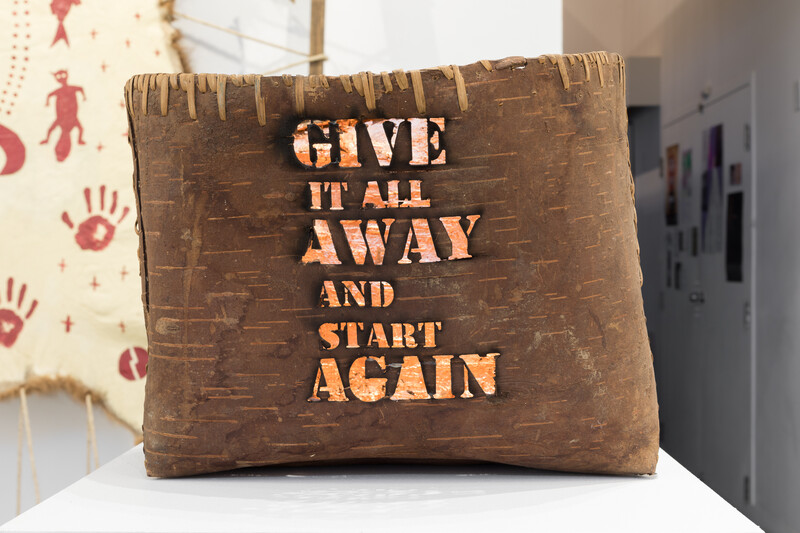
Because care is not a domestic question but rather a public matter and generator of conflict.
—Precarias a la Deriva
Encompassing a five-part exhibition series, performances, publications, and workshops, Take Care follows a 2016 group exhibition, curated by Letters & Handshakes, at the Blackwood Gallery. That exhibition, I stood before the source, featured artists confronting the aesthetic problem of representing contemporary capitalism, and concluded with this impulse: to imagine a “shift from the metrics of accumulation to the requirements of care as an ordering principle of social relations.”1 Immediately, however, this statement encounters the “crisis of care,”2 the problematic within, against, and beyond which Take Care mobilizes more than 100 artists, activists, curators, and researchers.
Anatomizing the crisis of care and its systemic underpinnings, Take Care pushes back against both the low cultural visibility of care work and the prevailing extractivist attitude toward care, which, as Nancy Fraser puts it, treats care, like nature, as a free, infinite resource—a logic to which this project’s title signals.3 Rather than take care for granted, we embark on this project as a transdisciplinary inquiry into care, setting out to explore care’s heterogeneous and contested meanings, practices, and sites, as well as the political, economic, and technological forces currently shaping care. Although we strive to elevate care, the intention is not to position care as a cure or panacea or even as benign: care involves relations of power in which concern and control, empathy and exhaustion, dependence and interdependence, the systemic and the intimate, responsibility and obligation are entangled.
The exhibition series’ political proposition, kept in play throughout, pivots on care as a possible nodal point among actions, struggles, and visions that “re-place” care “as an arche of human existence and of social relations.”4 In its organizing strategies, Take Care strives to take on the challenges posed by its program: to rethink affective dimensions of (curatorial) labour; decentre individual authorship; profile radical communities of care; reallocate cultural and institutional resources; cut through apathy and empathy; practice collective resiliency; respect existing initiatives and historical precedents; and generate new bonds. Take Care is, in short, a connective project.
...
Download the full preliminary project statement.
The exhibitions, performances, publications, and workshops comprising Take Care are organized around five circuits of care:
CIRCUIT 1
Labour of Curation
September 11–30, 2017
Recalling the etymology of curate (curare: “to take care of”), Labour of Curation views cultures of work and interaction in art institutions through a care lens, and reflects on art’s implication in, rather than detached observation of, the crisis of care.
Habits of Care
Curated by Helena Reckitt
Lisa Busby, Claire Fontaine, Deborah Ligorio, Paul Maheke, Raju Rage, Amie Siegel, Laura Yuile
CIRCUIT 2
Care Work
October 16–November 4, 2017
Traversing care as a social gesture, a job, and a political site, Care Work presents counter-narratives of the provision of care, care workers’ struggles, and caring labour’s transformation through colonialism, marketization, migration, and technology.
k.g. Guttman, Hands become Ears
Marisa Morán Jahn (Studio REV-), CareForce
Kwentong Bayan Collective (Althea Balmes + Jo SiMalaya Alcampo), In Love and Struggle
Onaman Collective, Land and Water Protectors
The Let Down Reflex
Curated by Amber Berson and Juliana Driever
Lise Haller Baggesen & Deirdre M. Donoghue, Cevan Castle, Dillon de Give, Home Affairs with Ozlem Ozkal, Leisure, LoVid, Jacqueline Hoáng Nguyễn, Shani K Parsons, Kerri-Lynn Reeves, Shane Aslan Selzer
CIRCUIT 3
Infrastructures and Aesthetics of Mutual Aid
November 20–December 9, 2017
Infrastructures and Aesthetics of Mutual Aid turns to support structures and collaborative practices beyond institutional spaces that are conventionally associated with care, such as hospitals and long-term residential care facilities, to consider care as a disposition, a system of reciprocity, a radical act, and an elusive goal within communities of art and activism alert to the challenge of sustainability.
The Sustenance Rite
Curated by Lauren Fournier
Anthea Black, Thirza Cuthand, Erika DeFreitas, Petrina Ng, Zoë Schneider, Kara Stone, Evan Tyler, Justice Walz, Jessica Lynn Whitbread
Radiodress, MKV: Credit River Immersion
Circo Zero, Turbulence (a dance about the economy)
CIRCUIT 4
Stewardship
January 8–27, 2018
Stewardship decentres the isolated individual as the privileged recipient or scene of care, and forefronts “epistemically-diverse” conceptions and collective practices of care that centre upon relationships to land, territory, and nonhumans.
#callresponse
Curated by Tarah Hogue, Maria Hupfield, and Tania Willard
Christi Belcourt, Marcia Crosby, Maria Hupfield, Ursula Johnson, Cheryl L’Hirondelle, Isaac Murdoch, Esther Neff and IV Castellanos, Tanya Tagaq, Tania Willard, Laakkuluk Williamson Bathory
CIRCUIT 5
Collective Welfare
February 12–March 11, 2018
Engaging spaces of the welfare state as contested sites of differentially distributed care, Collective Welfare confronts tensions between institutional bounds and autonomous practices of denying, circulating, or centring care in social relations.
Steven Eastwood, The Interval and the Instant
Sheena Hoszko, Correctional Service Canada Accommodation Guidelines: Mental Healthcare Facility
Carolyn Lazard, In Sickness and Study
Take Care
Curated by Letters & Handshakes
Exhibition Circuits
- September 11–30, 2017
- October 16 – November 4, 2017
- November 20 – December 9, 2017
- January 8–27, 2018
- February 12 – March 11, 2018
Exhibition Circuits
Program Overview
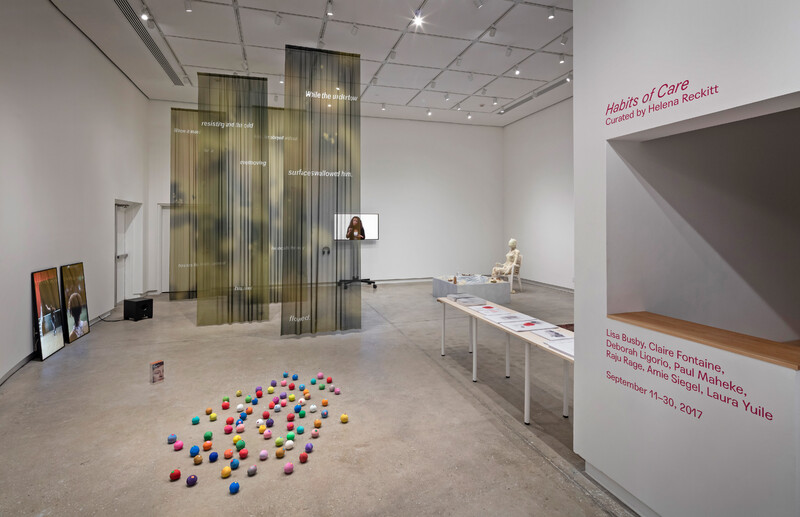
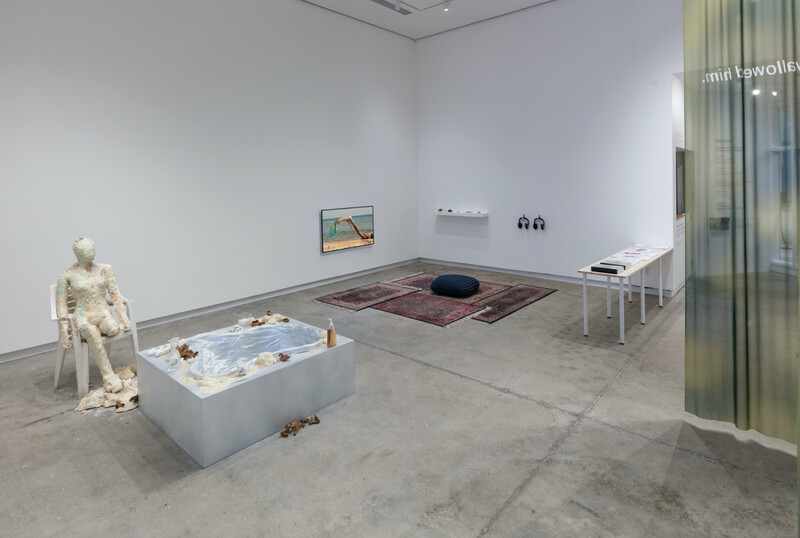
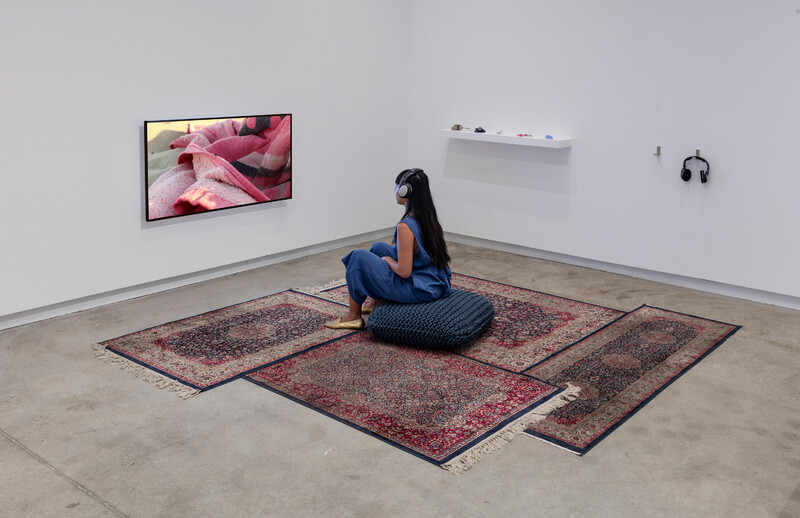
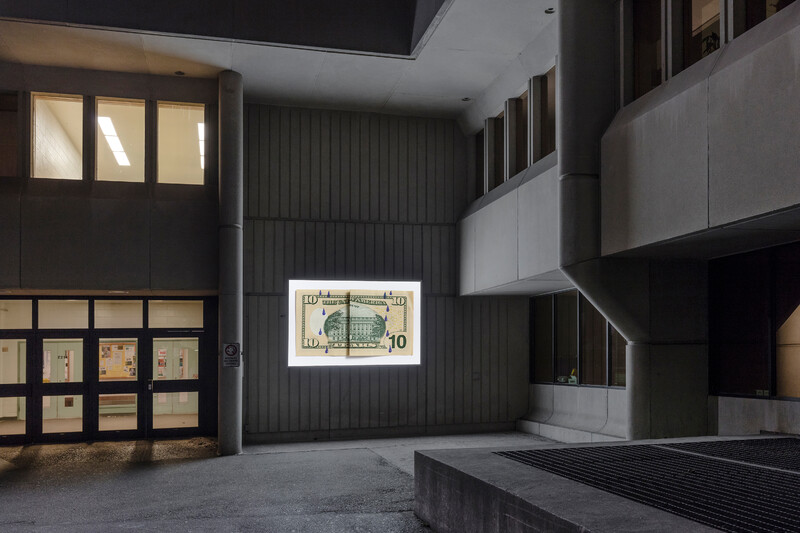
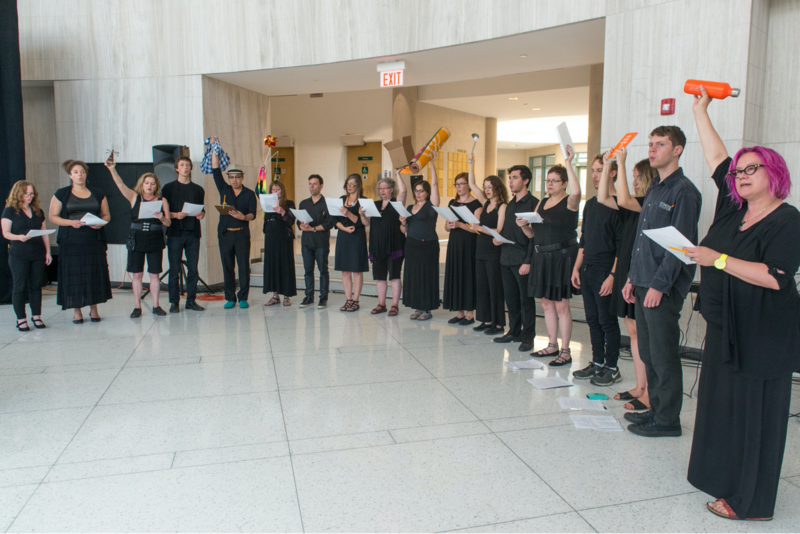
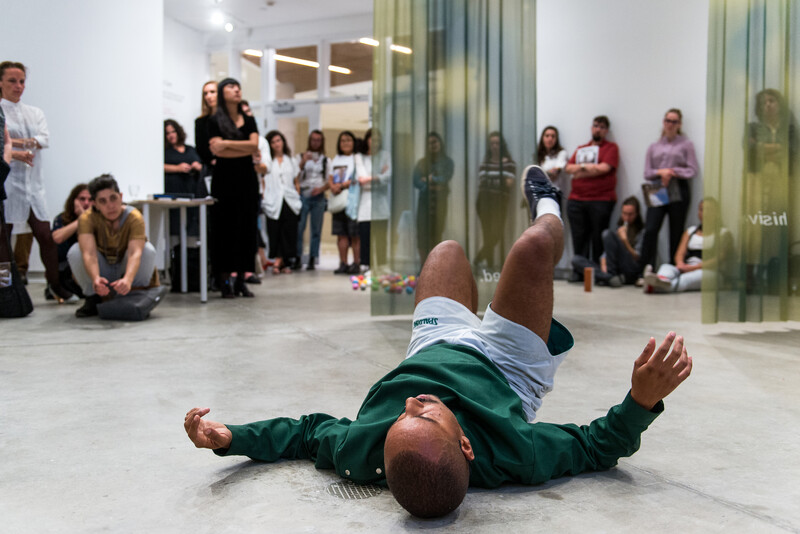
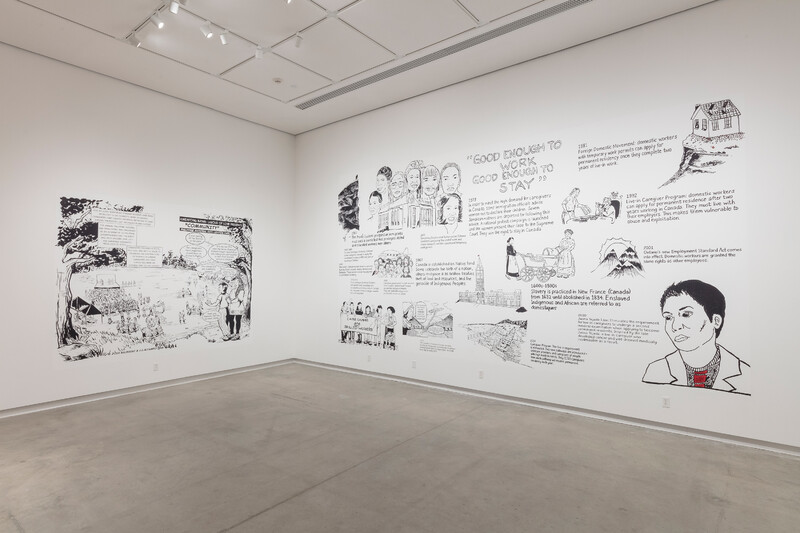
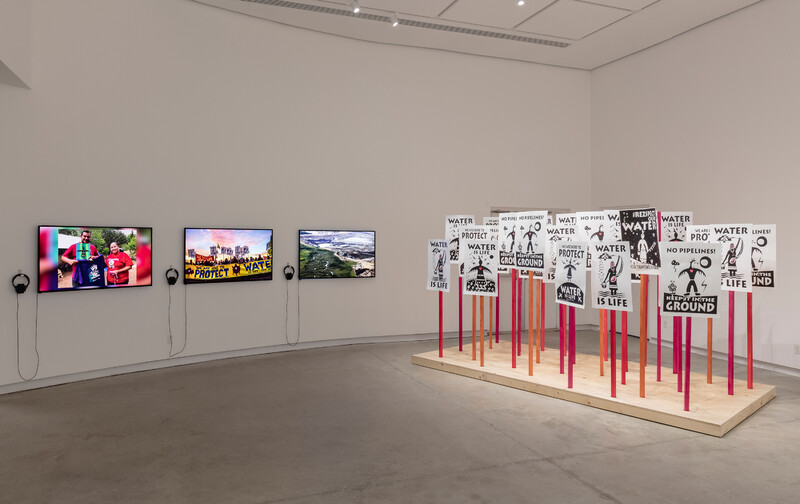
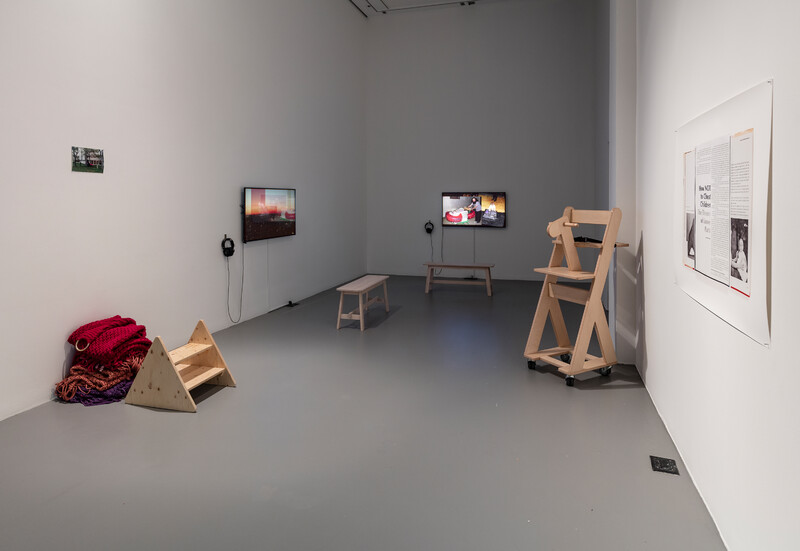
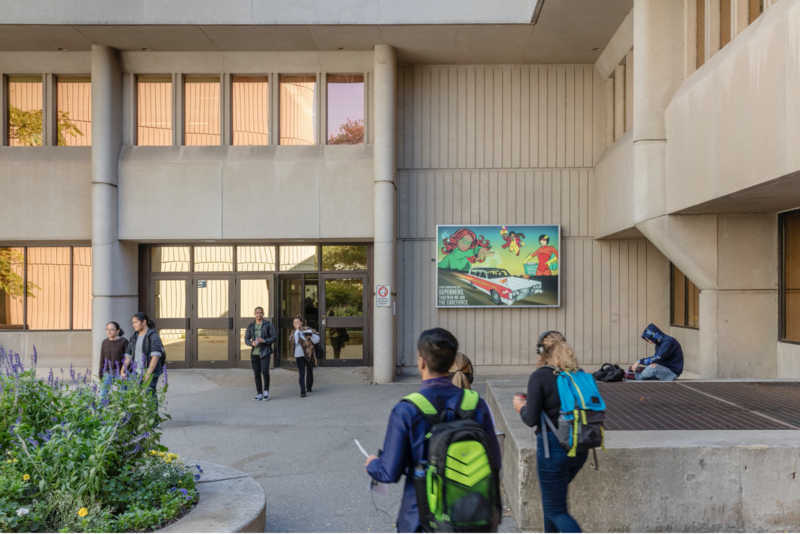
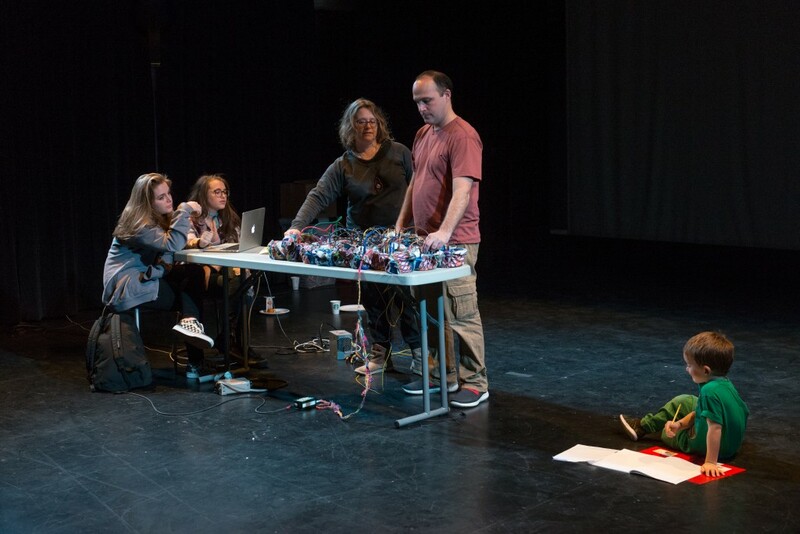


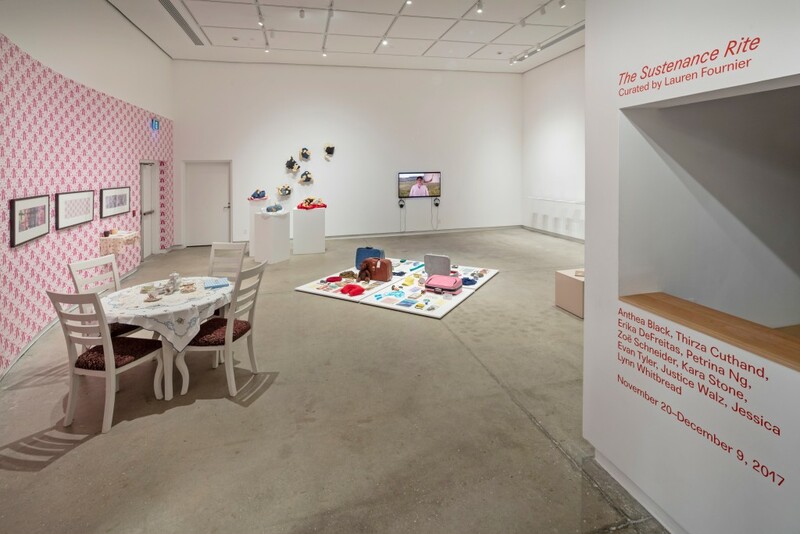
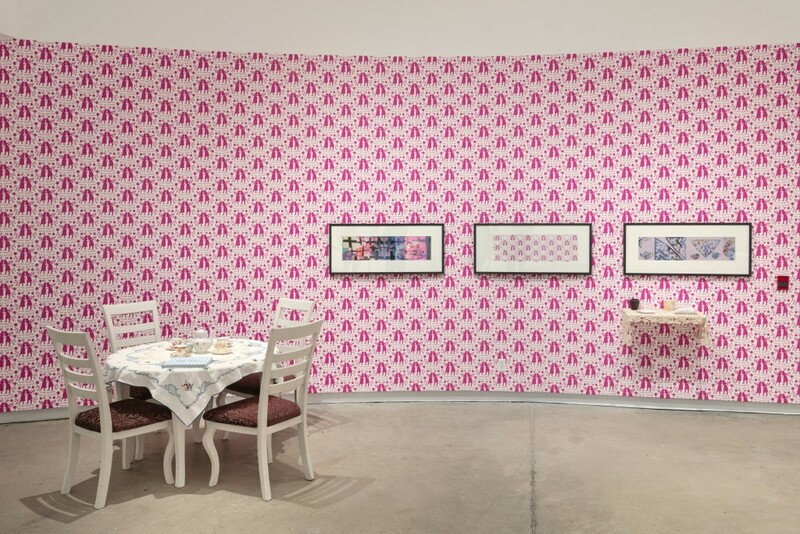
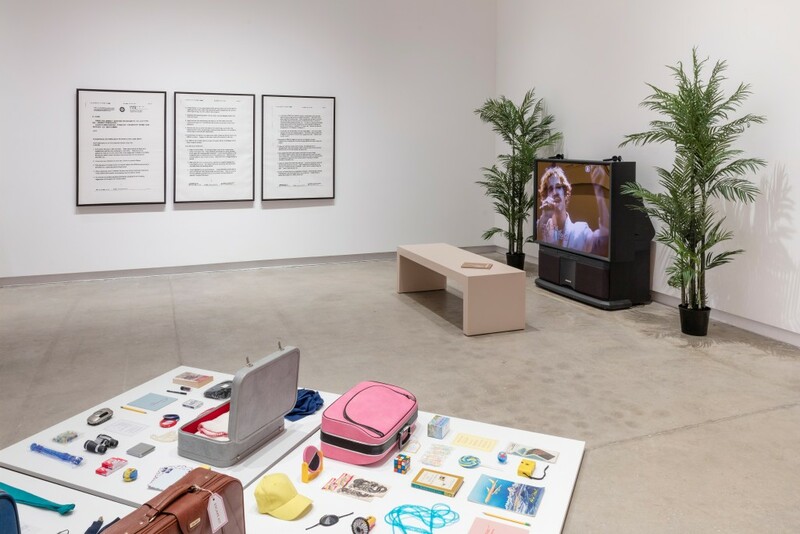
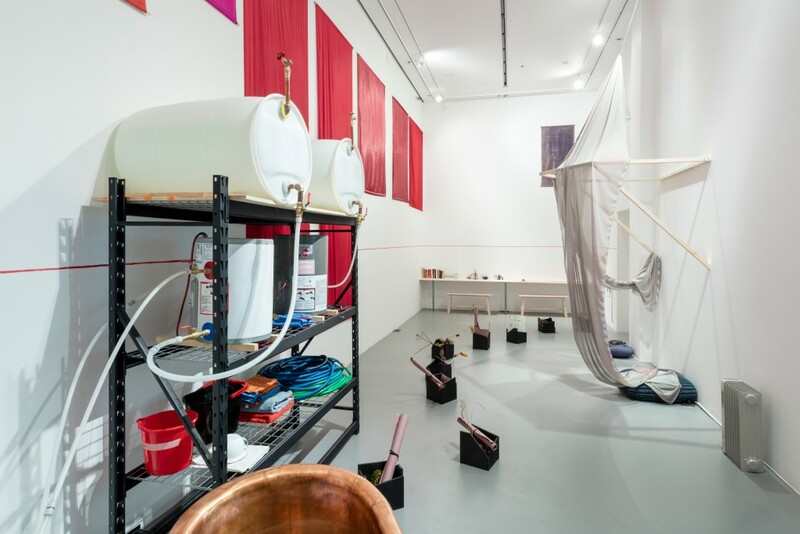
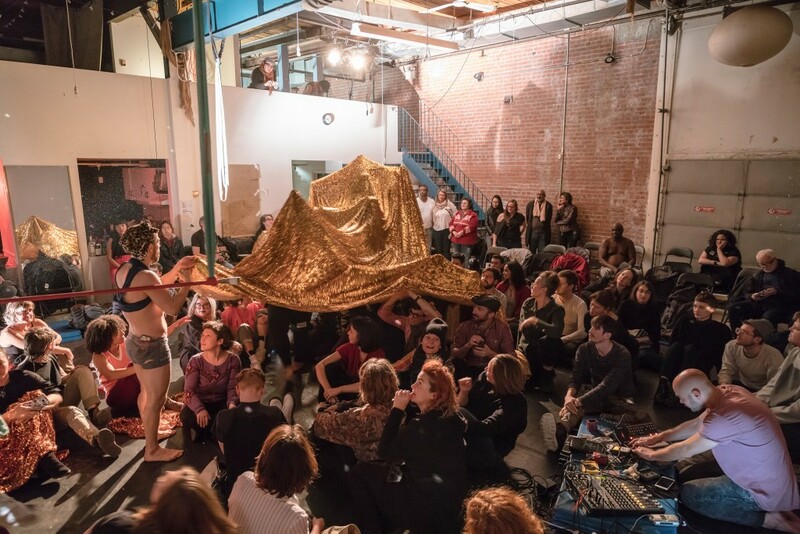
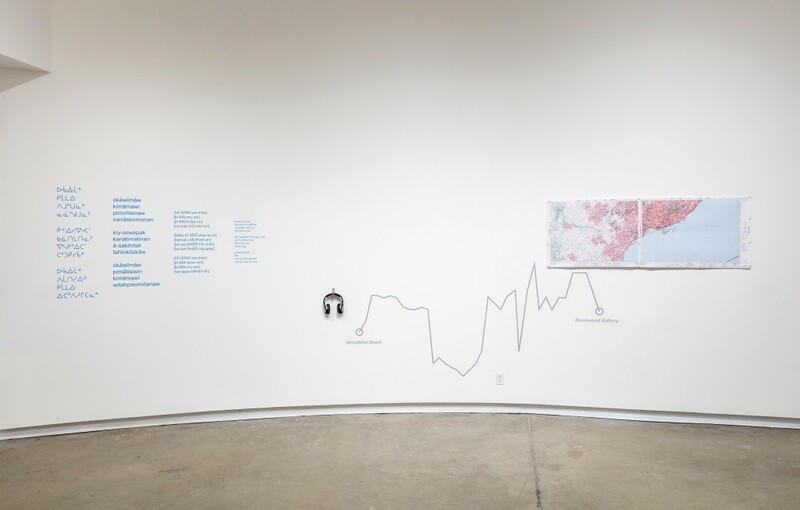
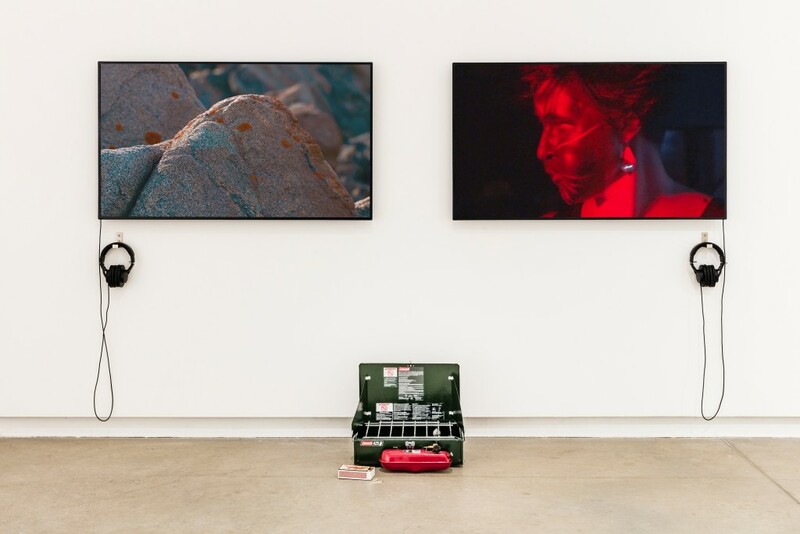
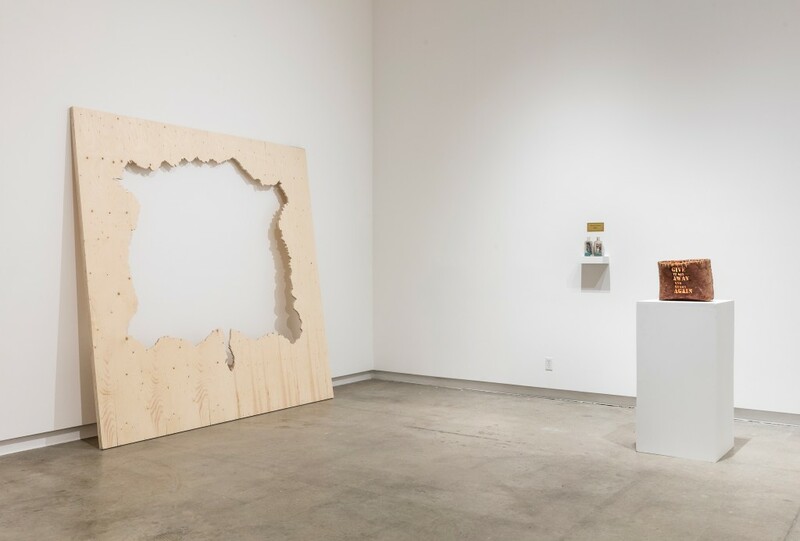
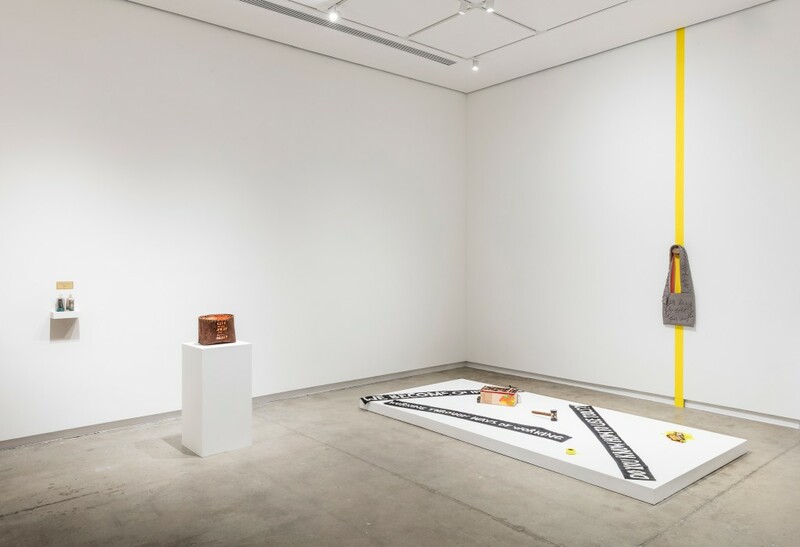
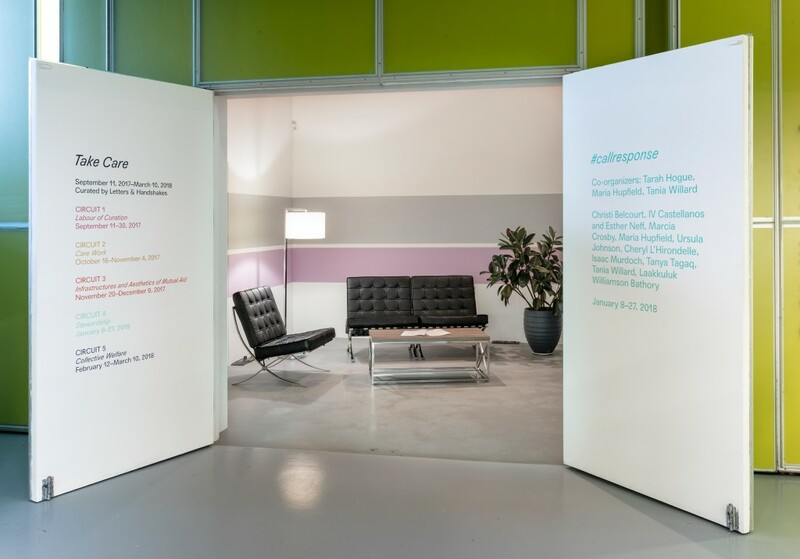
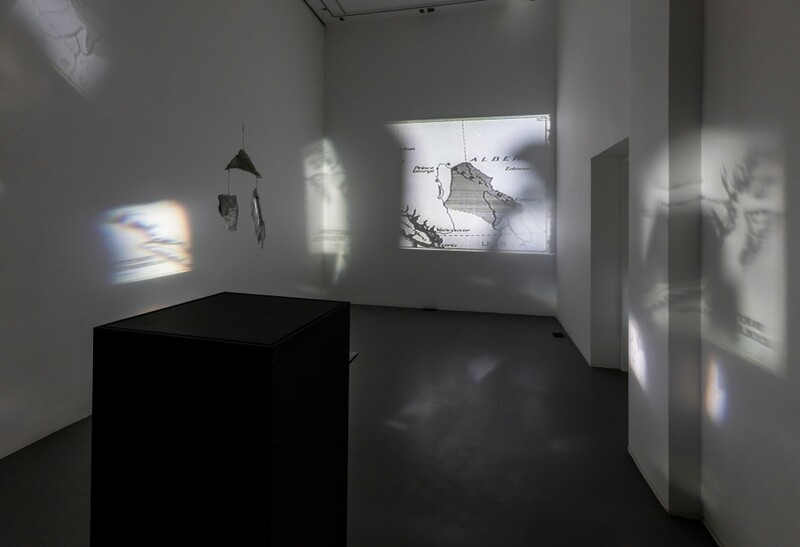
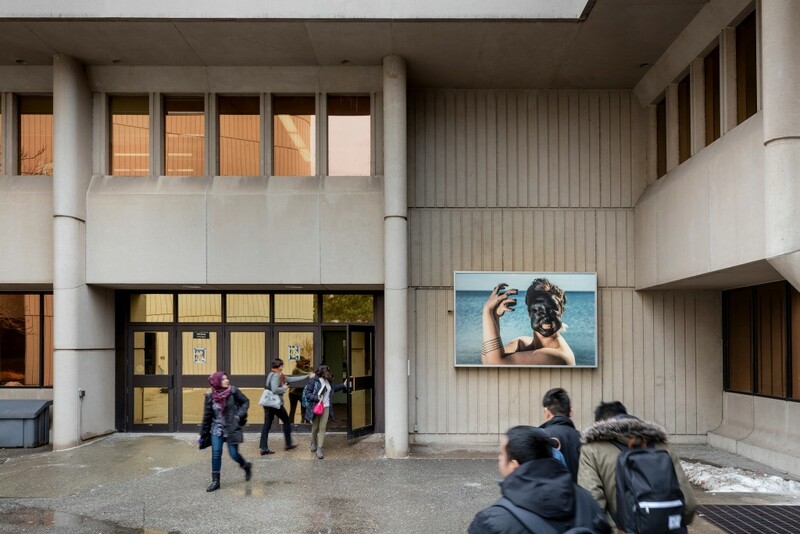
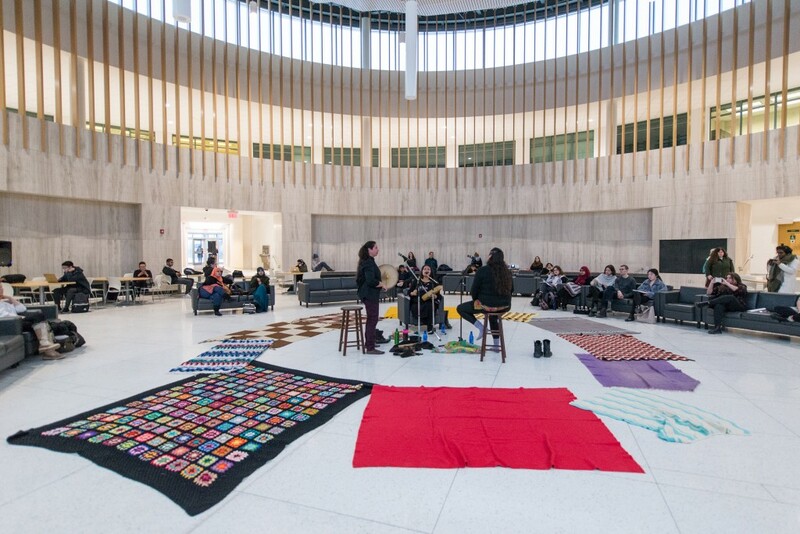
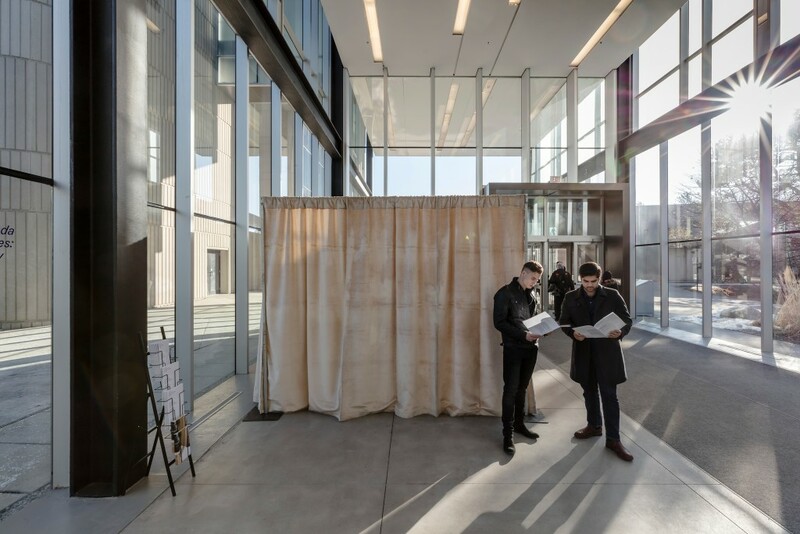
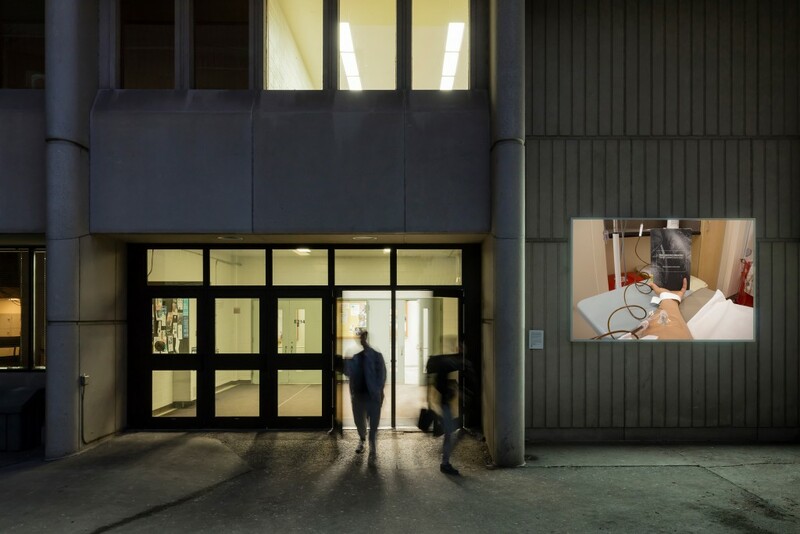
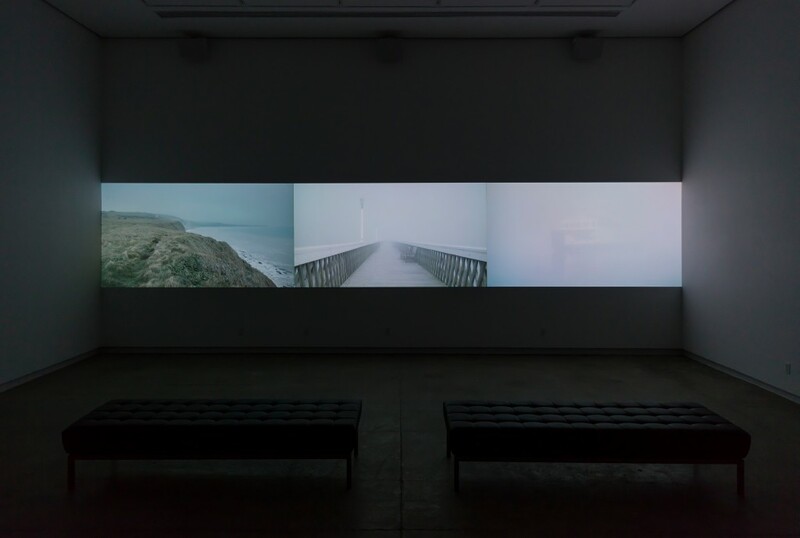
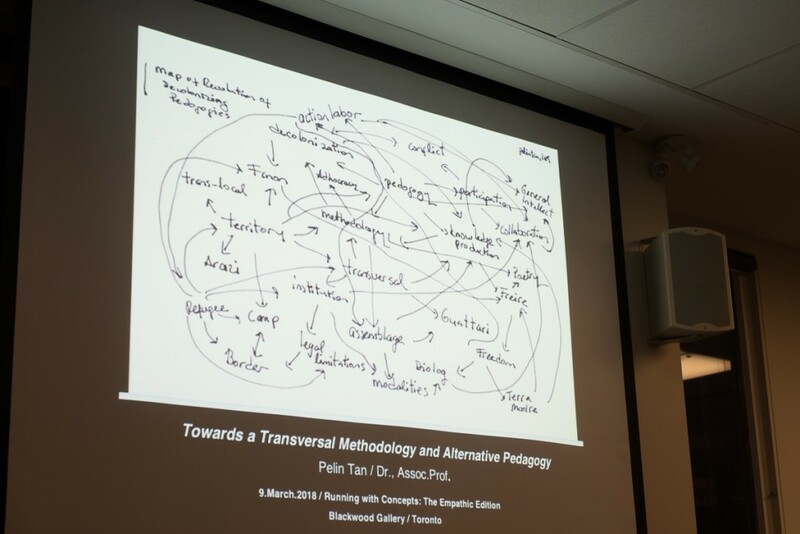
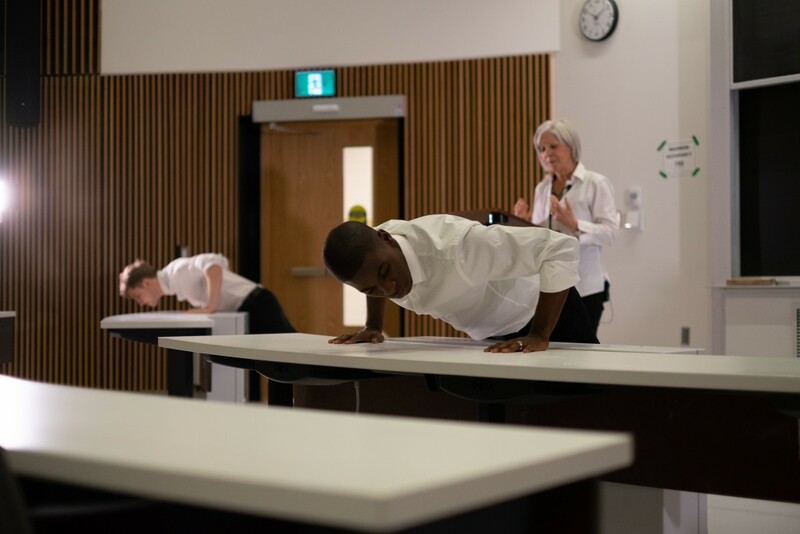
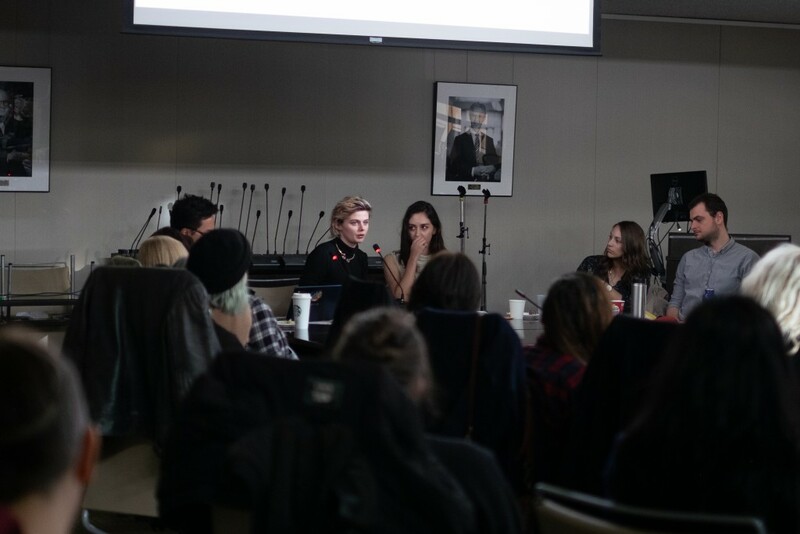
Letters & Handshakes’ past projects include the exhibitions I stood before the source and Precarious: Carole Condé + Karl Beveridge, the forum Fighting Foreclosed Futures: Politics of Student Debt, and the symposium and micropublication Surplus3: Labour and the Digital.
Greig de Peuter is Assistant Professor in the Department of Communication Studies at Wilfrid Laurier University. He researches the contested political economy of media and cultural production, with an emphasis on work, labour, and employment. He is currently collaborating with Enda Brophy and Nicole Cohen on a multi-country study of precarious labour politics in creative industries. His most recent book, co-authored with Nick Dyer-Witheford, is Games of Empire: Global Capitalism and Video Games (University of Minnesota Press, 2009). His writing has appeared in The Fibreculture Journal, Journal of Communication Inquiry, Journal of Cultural Economy, and several anthologies. His article with Cohen and Brophy, “Interns, Unite! (You Have Nothing to Lose—Literally),” received the 2013 Canadian Association of Journalists/Communication Workers of America—Canada Award for Labour Reporting. He has been active in collectively run autonomous education and curatorial projects, including the Toronto School of Creativity & Inquiry (2005-2010), and Letters & Handshakes (from 2014).
Shaw’s work convenes, enables, and amplifies the transdisciplinary thinking necessary for understanding our current multi-scalar historical moment and co-creating the literacies, skills, and sensibilities required to adapt to the various socio-technical transformations of our contemporary society. She has applied her commitment to compositional strategies, epistemic disobedience, and social ecologies to multi-year curatorial projects including Take Care (2016–2019), an exhibition-led inquiry into care, exploring its heterogeneous and contested meanings, practices, and sites, as well as the political, economic, and technological forces currently shaping care; The Work of Wind: Air, Land, Sea (2015–2023), a variegated series of curatorial and editorial instantiations of the Beaufort Scale of Wind Force exploring the relentless legacies of colonialism and capital excess that undergird contemporary politics of sustainability and climate justice; and OPERA-19: An Assembly Sustaining Dreams of the Otherwise (2021–2029), a decentralized polyvocal drama in four acts taking up asymmetrical planetary crisis, differential citizenship, affective planetary attention disorder, and a strategic composition of worlds. She is the founding editor of The Society for the Diffusion of Useful Knowledge (Blackwood, 2018–ongoing), and co-editor of The Work of Wind: Land (Berlin: K. Verlag, 2018) and The Work of Wind: Sea (Berlin: K. Verlag, 2023).
The Blackwood Gallery is grateful for additional support for Take Care from the Department of Visual Studies (UTM); Jackman Humanities Institute; McLuhan Centre for Culture and Technology; MidAtlantic Arts Foundation; Outreach, Conference and Colloquia Fund (Office of the VP Research, UTM); SSHRC-funded research project Cultural Workers Organize; University of Toronto Affinity Partners Manulife, TD Insurance, and MBNA; UTM 50 Legacy Fund; and Women and Gender Studies (UTM).
Funding for additional staff support was made possible through the Young Canada Works in Heritage Organizations program, Department of Canadian Heritage. The Canadian Museums Association administers the program on behalf of the Department of Canadian Heritage.
Special thanks
The Blackwood Gallery and Letters & Handshakes are indebted to long-term collaboration, mutual aid, and knowledge-sharing amongst our peers and colleagues. For Take Care we send a special thank you to all the artists, curators, and program contributors, as well as the following individuals: Martin Arnold, Ana Barajas, Franco Boni, Emelie Chhangur, Nicole Cohen, Amrita Daniere, Massimo De Angelis, Kaye Francis, Britt Gallpen, Ulli Krull, Brandy Leary, Park McArthur, Gabrielle Moser, Vicky Moufawad-Paul, Kris Noakes, Anu Radha Verma, John Paul Ricco, Danny Russell, Daniella Sanader and Milka Vujnovic, Sarah Sharma, Joan Simalchik, Danielle St-Amour, Bryan Stewart, Alison Syme, Tess Takahashi and Mike Zyrd, Peter Urbanek, Shalon Webber-Heffernan, Alec White, Juliana Zalucky, Constantina Zavitsanos, and the Blackwood Gallery Advisory Board.







The Blackwood
University of Toronto Mississauga
3359 Mississauga Road
Mississauga, ON L5L 1C6
[email protected]
(905) 828-3789
The galleries are open. Hours of operation: Monday–Saturday, 12–5pm.
Holiday hours: regular gallery hours are in effect until and including Saturday, December 6. The galleries will then be closed for the holidays, except for regular hours on Saturday, December 13. In 2026, the galleries reopen Monday, January 5.
Facebook | Twitter | Instagram
Sign up to receive our newsletter.
The Blackwood is situated on the Territory of the Mississaugas of the Credit, Seneca, and Huron-Wendat.
